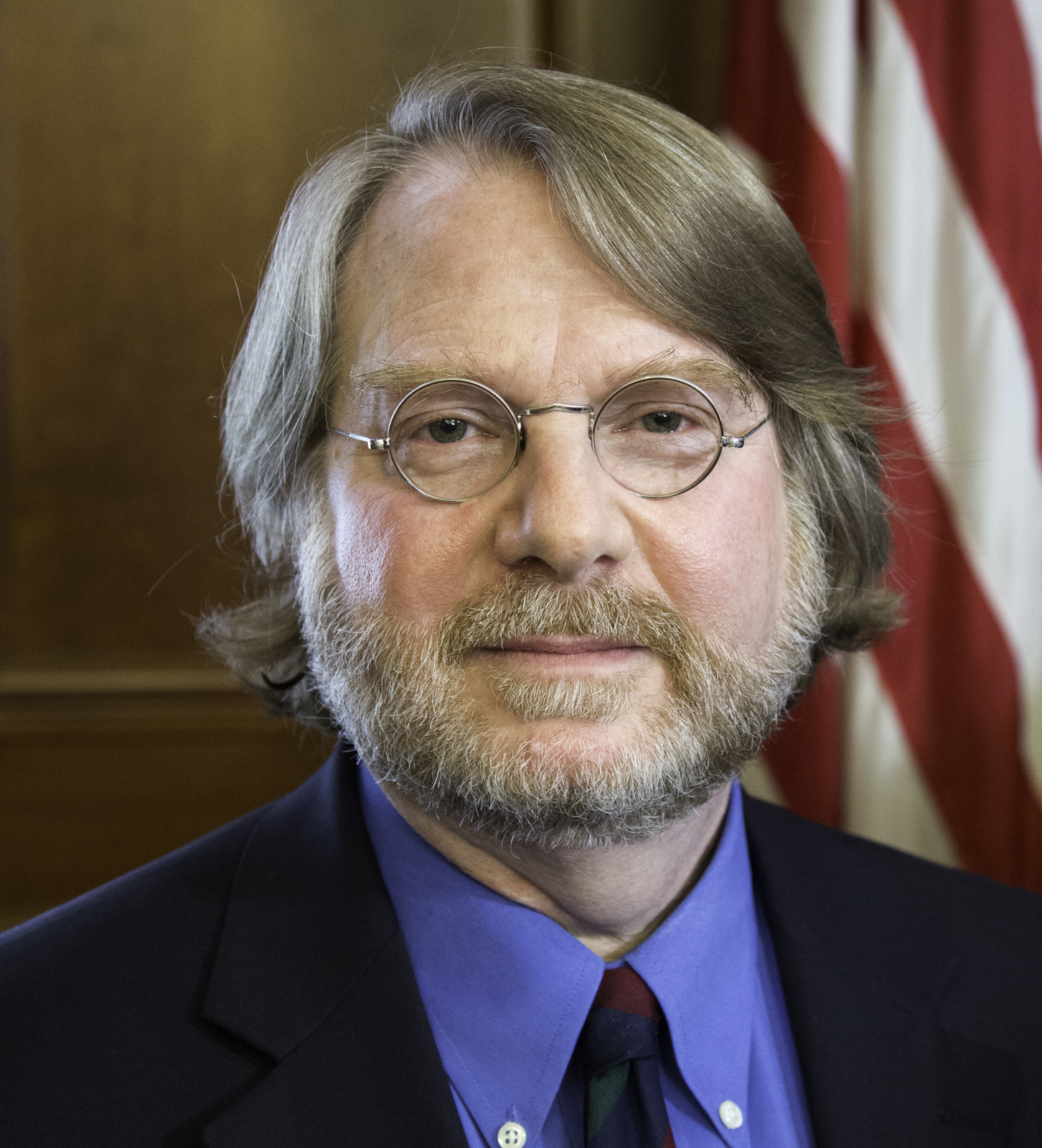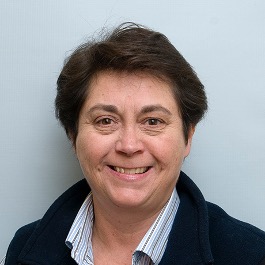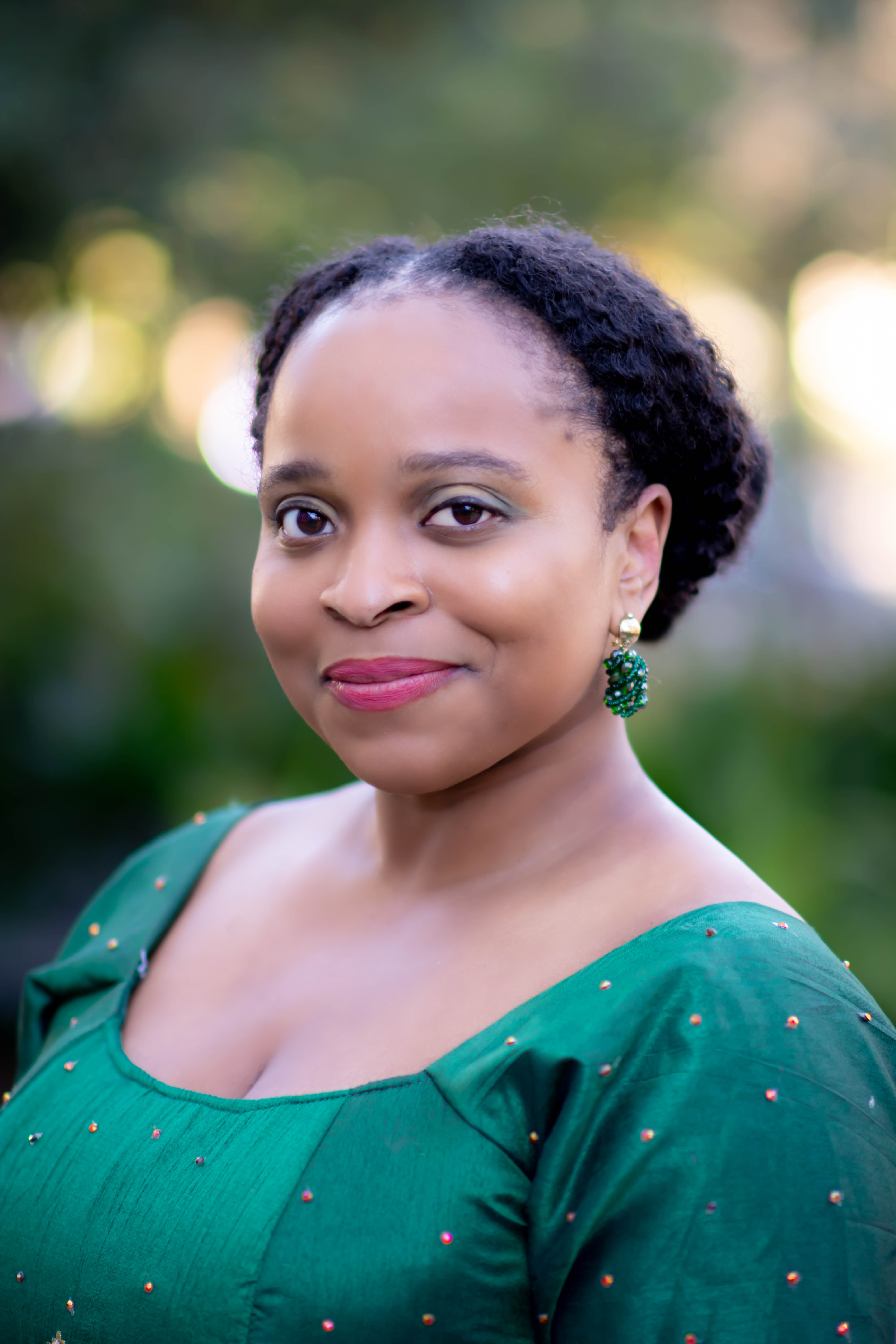- HOME
- Addressing Anxiety & Depression in Young Adults: Leveraging What Works
ADDRESSING ANXIETY & DEPRESSION IN YOUNG ADULTS: LEVERAGING WHAT WORKS
Wednesday, March 1st, 2023, 7-8:30pm ET

One of the critical ongoing health problems exacerbated by the pandemic has been the increase in anxiety and depression in our young adults. This has highlighted the longer-term failures and limitations of our overburdened healthcare system to address these mental illnesses. Often young adults face the stigma of discussing mental health problems and have nowhere to turn for help. This is particularly true for people of color and those in underserved communities.
Multiple approaches that may be effective are being utilized and others are in development. In addition to medical treatment and medications, other models have been implemented that leverage community resources: peers and families, other partners, and the young adults living with anxiety and depression themselves. Some of these approaches may help reduce the considerable inequities in health care and resources.
ClassACT HR73 organized a discussion of this crisis and these promising opportunities. The forum was moderated by Deborah (Debbie) Winn, HR73, Ph.D., retired epidemiologist at the National Cancer Institute, who was joined by panelists Eugene V. Beresin, MD, MA, Executive Director of The Clay Center for Young Healthy Minds at Massachusetts General Hospital, Professor of psychiatry at Harvard Medical School, and senior educator in child and adolescent psychiatry at MGH; Mary Lyons-Hunter, PsyD, Unit Chief of Behavioral Health at the MGH Chelsea Health Care Center; and Lucy Ogbu-Nwobodo, MD, MS, MAS, Asst. Clinical Professor of Psychiatry, University of California, San Francisco.
CLICK HERE FOR LIST OF RESOURCES
We have created 13 videos from this conversation—one of the whole event, and 12 others, divided by question, starting with what we can do as citizens. They are all available by clicking on the playlist in the YouTube video screen below. The playlist is very hard to see! You will find it along the top of the screen just to the right of the title of the forum. It looks like this ≡.
Click on the ≡ button. That will open a drop down menu. You can then scroll down the menu and choose individual videos to play.
OUR MODERATOR AND PANELISTS
MODERATOR DEBORAH (DEBBIE) WINN HR73, Ph.D.
 Before retiring in 2021, epidemiologist Dr. Deborah (Debbie) Winn was the Acting Director of the Division of Cancer Prevention and former Deputy Director of the Division of Cancer Control and Population Science whose missions are to conduct and support research at NCI and at institutions across the U.S. In those positions she was instrumental in the planning, priority setting, development, and management of large programs in cancer epidemiology, prevention, and control and also made important contributions to trans-NCI and National Institutes of Health initiatives such as the Cancer Moonshot℠. She continues to serve as a Special Volunteer for the National Cancer Institute. Previously, she held leadership roles in the development and conduct of large national health surveys at the National Center for Health Statistics, part of the Centers for Disease Control and Prevention. Dr. Winn’s own epidemiologic research and writing focused on head and neck cancer epidemiology. She graduated with a Bachelor’s degree from Radcliffe College in 1973 and received her Ph.D. in epidemiology from the University of North Carolina. Dr. Winn is a Fellow of the American College of Epidemiology and the recipient of numerous federal and other awards in recognition of her research and professional service.
Before retiring in 2021, epidemiologist Dr. Deborah (Debbie) Winn was the Acting Director of the Division of Cancer Prevention and former Deputy Director of the Division of Cancer Control and Population Science whose missions are to conduct and support research at NCI and at institutions across the U.S. In those positions she was instrumental in the planning, priority setting, development, and management of large programs in cancer epidemiology, prevention, and control and also made important contributions to trans-NCI and National Institutes of Health initiatives such as the Cancer Moonshot℠. She continues to serve as a Special Volunteer for the National Cancer Institute. Previously, she held leadership roles in the development and conduct of large national health surveys at the National Center for Health Statistics, part of the Centers for Disease Control and Prevention. Dr. Winn’s own epidemiologic research and writing focused on head and neck cancer epidemiology. She graduated with a Bachelor’s degree from Radcliffe College in 1973 and received her Ph.D. in epidemiology from the University of North Carolina. Dr. Winn is a Fellow of the American College of Epidemiology and the recipient of numerous federal and other awards in recognition of her research and professional service.
CALL TO ACTION
I encourage adults of any age with anxiety and depression to explore opportunities to participate in clinical trials. ClinicalTrials.gov is a searchable database of privately and publicly funded clinical studies being conducted around the world. Anyone can search it, bring it to the attention of your primary care doctor or any other clinician, and explore whether it might be appropriate for you. Well-conducted clinical research is the path for identifying interventions – treatments or therapies - that actually work – that are safe and effective. Clinical trials don’t always involve medication therapies, but can include many other approaches such as yoga, talk therapy, mindfulness, or building self-esteem alone or in combinations.
Learn more about why you should participate in a clinical trials here.
EUGENE V. BERESIN, MD, MA
 Eugene V. Beresin, M.D. is Professor of Psychiatry at Harvard Medical School. He received a M.A. in Philosophy and M.D. from the University of Pennsylvania. He served as Director of Child and Adolescent Psychiatry Residency Training Program at Massachusetts General Hospital and McLean Hospital from 1985-2013.
Eugene V. Beresin, M.D. is Professor of Psychiatry at Harvard Medical School. He received a M.A. in Philosophy and M.D. from the University of Pennsylvania. He served as Director of Child and Adolescent Psychiatry Residency Training Program at Massachusetts General Hospital and McLean Hospital from 1985-2013.
Dr. Beresin is Executive Director of the new Clay Center for Young Healthy Minds that is devoted to promoting the emotional and behavioral wellbeing of young people by providing innovative education about mental health for parents, those who work with youth and young adults and for young people themselves. Its website, www.mghclaycenter.org, is aimed at fostering resilience, preventing mental illness and helping those with psychiatric disorders understand how to get the best possible help. He is Director of the Elizabeth Thatcher Acampora Endowment, an outreach program to meet the needs of underserved youth and families in three community settings. As a clinical educator, Dr. Beresin was Director of Child and Adolescent Psychiatry Residency Training at MGH and McLean for 30 years. He served as a leader of many national organizations and has won a number of local and national teaching awards, including the Vestermark Award for Outstanding Teaching by the American Psychiatric Association (APA) and the National Institute of Mental Health; the Parker Palmer Courage to Teach Award, by the Accreditation Council of Graduate Medical Education; and The Nancy Roeske Award for Outstanding Medical Student Teaching by the APA. He is Distinguished Life Fellow of the American Psychiatric Association, Distinguished Fellow of the American Academy of Child and Adolescent Psychiatry, and Fellow of the American College of Psychiatrists. Dr. Beresin served as President of the American Association of Directors of Psychiatric Residency Training, and is President-elect of the American College of Psychiatrists. He was creator and central director, now site director at MGH, of the required Harvard Medical School two year required curriculum, The Developing Physician: Lifelong Integration of Personal and Professional Growth with Sensitive, Compassionate Care that focuses on reflective practice, ethics, professionalism and the patient-doctor relationship. He is Deputy Editor and Media Editor for Academic Psychiatry and has published numerous papers and chapters in a wide variety of topics, including medical education, eating disorders, personality disorders and mental health and the media. His book Music in the series Arts for Health, was released in 2022. Dr. Beresin is Director of Education for the MGH Division of Education, a partnership of the MGH Psychiatry Academy and the Clay Center for Young Healthy Minds.
Dr. Beresin has consulted to a variety of television shows including ER and Law and Order SVU. He was Consultant to the Emmy Award winning HBO children’s specials, Goodnight Moon and Other Sleepytime Tales (2000), Through a Child’s Eyes: September 11, 2001 (2003) and Classical Baby (2005). He co-produced a Parenting Resource website for abcnews.com. He was script consultant, expert, and actor in Brains on Trial, a PBS broadcast ( 2013).
CALLS TO ACTION
- Fight for greater public mental health education about depression, anxiety, suicide, and loneliness, as they have been skyrocketing long before COVID.
- Learn more about and support the Clay Center for Healthy Young Minds - we are a free standing 501c3 based at MGH and reliant on philanthropy, foundation and industry funding as we are a free service. We raise our own funds apart from MGH. We are partnered with the Division of Professional and Public Education in the Department of Psychiatry, and we raise our own funding apart from the Department or any affiliated institution.
MARY LYONS-HUNTER, Psy.D.
 Dr. Mary Lyons-Hunter is a clinical psychologist and the Unit Chief of the Behavioral Health Department at the MGH Chelsea Health Center. Her clinical work for the last 20+ years has focused on treatment in poor and underserved communities. Her clinical interests are anxiety, trauma and major mental illness with adults and children. She has consistently sought ways to increase access and creatively deliver services to those most in need in our communities. She has worked to develop programs and care delivery systems to address both clinical needs and social determinants of health. She has participated through the years in many community-based research projects with MGH, MGH- PRIDE, Cambridge Health Alliance and Boston Medical Center.
Dr. Mary Lyons-Hunter is a clinical psychologist and the Unit Chief of the Behavioral Health Department at the MGH Chelsea Health Center. Her clinical work for the last 20+ years has focused on treatment in poor and underserved communities. Her clinical interests are anxiety, trauma and major mental illness with adults and children. She has consistently sought ways to increase access and creatively deliver services to those most in need in our communities. She has worked to develop programs and care delivery systems to address both clinical needs and social determinants of health. She has participated through the years in many community-based research projects with MGH, MGH- PRIDE, Cambridge Health Alliance and Boston Medical Center.
CALL TO ACTION:
How do we help level the playing field for kids in underserved, BIPOC, immigrant, first generation communities? How do we give them opportunities to do something meaningful after school, from community building activities like sports to mentorship opportunities to jobs and internships? There are programs and communities that are doing this already, but it’s not always consistent or well funded - let’s scale it up. We have the power to help - it’s not that complicated, but the impact is huge.
LUCY OGBU-NWOBODO, MD, MS, MAS
 Lucy Ogbu-Nwobodo, MD, MS, MAS, a recent graduate of the Massachusetts General Hospital (MGH)/McLean Harvard Psychiatry Program is dedicated to improving health care through social justice. After residency, she joined the faculty at the University of California, San Francisco (UCSF) in a number of clinical and leadership roles including as: an Associate Program Director in the Psychiatry Residency Training Program (RTP); the Zuckerberg San Francisco General Hospital’s Director of Diversity, Equity and Inclusion (DEI) in Public Psychiatry and Lead Psychiatrist at the UCSF Alliance Health Project. She also has a faculty appointment at Massachusetts General Hospital as a faculty researcher. The primary theme of her work is based on equity-focused organizational initiatives, community engagement, research and mental health workforce development.
Lucy Ogbu-Nwobodo, MD, MS, MAS, a recent graduate of the Massachusetts General Hospital (MGH)/McLean Harvard Psychiatry Program is dedicated to improving health care through social justice. After residency, she joined the faculty at the University of California, San Francisco (UCSF) in a number of clinical and leadership roles including as: an Associate Program Director in the Psychiatry Residency Training Program (RTP); the Zuckerberg San Francisco General Hospital’s Director of Diversity, Equity and Inclusion (DEI) in Public Psychiatry and Lead Psychiatrist at the UCSF Alliance Health Project. She also has a faculty appointment at Massachusetts General Hospital as a faculty researcher. The primary theme of her work is based on equity-focused organizational initiatives, community engagement, research and mental health workforce development.
CALL TO ACTION:
We need to make sure we are applying a racial equity lens to mental health advocacy, and that we as medical providers become advocates. There is no neutrality - we have to put ourselves into the fight and take a stand on issues that may not appear to be related to mental health but are. Black and brown people are overrepresented in and affected by mass incarceration, housing inequality, poverty, food insecurity, and climate change, and this interacts with the mental health system.
There is no more time to “just” be a doctor, or ”just” be a provider - we all have skin in the game. We all have to leverage our expertise, our work, our experiences, and our hearts to try to address these issues.
CLASSACT HR73 CALL TO ACTION

Support the Cole Resource Center (CRC). CRC is a small nonprofit in the Boston area, providing peer support for individuals living with mental health conditions and their families. All CRC staff have lived experience with mental health challenges – either their own or those of a family member – and they share their positive outlook and expertise with others.
CRC currently offers three activities: custom referrals to mental health resources, support groups, and its Workforce Development Program. CRC’s Workforce program is a unique service that provides both individual coaching and community for job seekers in recovery as they find their next career steps and pursue their life goals.
CRC is an independent 501(c)(3) nonprofit, led by our classmate Ellen Faran. All CRC services are offered free of charge, through philanthropic support. CRC’s successful impact demonstrates the value of non-clinical support as an important complement to the services of the healthcare system.
ClassACT73 suggests three ways in which you may support the Cole Resource Center and extend its effective impact:
1. Donate to CRC. CRC has a Platinum rating on Guidestar.
2. Volunteer your time at CRC. Roles welcomed include communications, mentoring of Workforce participants, or assisting CRC’s management team.
3. Replicate CRC in your own community. CRC’s work serves as a model for low cost/high impact peer support for mental health. Email ellenf@coleresourcecenter.org to discuss.


